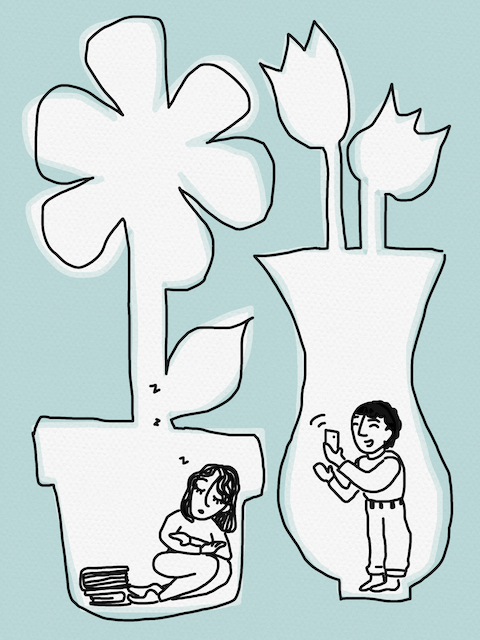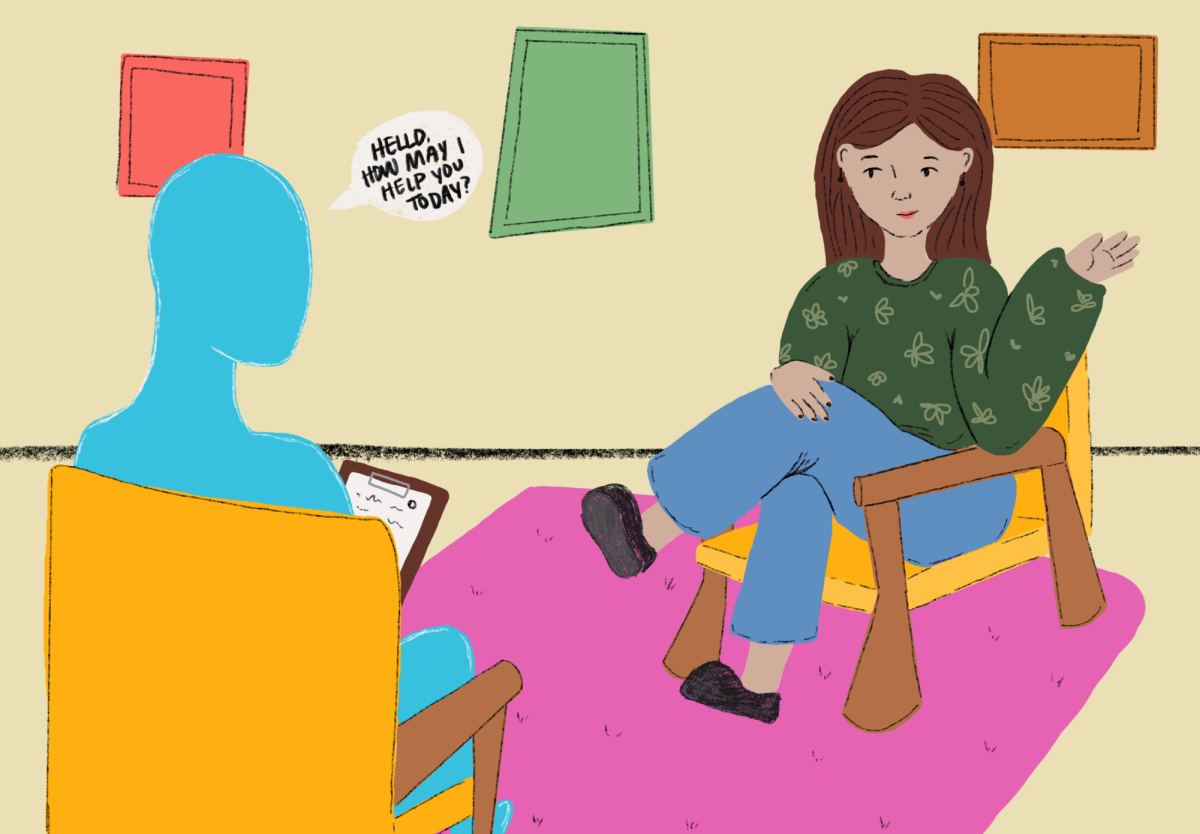Despite experts’ predictions of a COVID-19 spike this holiday season, UT will not require students to quarantine upon returning to campus in the spring.
Since students will be traveling across the country — many into COVID-19 hotspots — to enjoy their break, there is no guarantee that everyone will return without the virus. Without proper preventative measures in place, campus spread will be a problem.
To minimize the spread of the virus, UT should require on-campus residents to quarantine within their dorms upon arriving on campus and test them for COVID-19 throughout this quarantine.
A joint resolution proposed by Student Government and UT Senate of College Councils last week proposed enhanced measures to combat COVID-19 spread during the spring semester.
This plan keeps students from being completely isolated, yet still limits the possibility for COVID-19 spread. However, UT has decided to forgo the semi-quarantine and instead will only require residents to get tested upon arrival.
“What we are going to plan to do is test everybody moving back into the dorms sometime between the 19th and 20th,” Dr. Amy Young, chief clinical officer for UT Health Austin and professor of women’s health, said.
Mandatory testing is important, but it won't be enough to stop campus spread without a quarantine.
“We started to see (COVID-19 cases) peaked around seven days after (students returned),” Dr. Young said. “We know a lot more about COVID now, and we know that the majority of people will become symptomatic five days after exposure.”
Since symptoms usually don’t show up until 2-14 days after exposure, a student could test negative a day after arriving on campus and still test positive later that week. A mandatory quarantine with sporadic testing throughout would help catch these cases that would otherwise go undiscovered.
Currently, UT is asking students to quarantine before they come back to campus. This is not a possibility for many students. For example, journalism freshman Molly Tilton has extenuating circumstances that will require her to be outside her home.
“I know the week leading up to me coming to campus, I'm not going to be able to quarantine,” Tilton said.
UT can provide a more controlled quarantine environment than students can find at home. Thus, on-campus quarantine would be a much more effective way for the University to prevent COVID-19 spread at the beginning of the semester.
“I think (a mandatory quarantine) would be something that would kind of force people to behave within the guidelines that the University has to set to prevent the spread of COVID,” radio-television-film freshman Shelton Locke said.
Locke also thinks that most UT students will be on board with this quarantine, though there will be a “loud minority” of students that are against it.
“They see their college experience being impeded on, which I understand,” Locke said. “But, people are dying.”
It’s not an ideal situation, especially for younger students who haven’t been allowed a traditional college experience. However, in order to protect students from unnecessary spread of COVID-19 when we return to campus in January, UT must add a quarantine for on-campus residents to their spring 2021 reopening plans.
Roland is a radio-television-film freshman from Houston, TX.





















